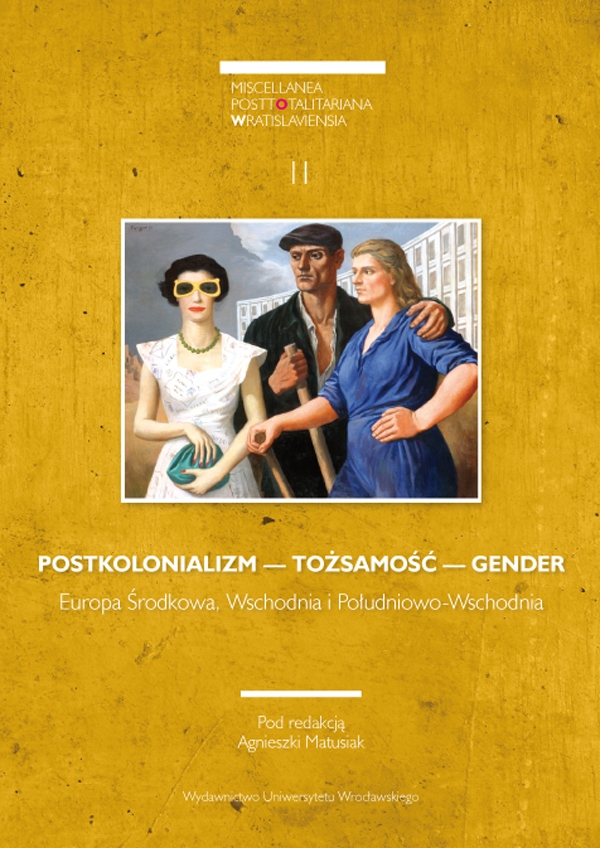

Artykuły

Post-Soviet trauma as a barrier to the democratization of Belarus
Desintegration of the Soviet Union was accompanied by the wave of discussions and hopes for the future of new independent republics. Development of political life in the last two decades allows to conclude that these states have made significant progress in transformation and democratization but some of them, including Belarus, still remain in the “gray zone” of democracy.
The aim of this article is to present the influence of totalitarian experience on the process of political transformation of contemporary Republic of Belarus. The author describes the weakness of Belarussian national movement and Belarussian national identity in the period of gaining independence as well as their consequences for political transformation. Destroying of old values and dezintegration of the Sovet Union reflected social anomy. Disfunctional Homo Sovieticus is still “escaping from freedom”: avoiding political activity, responsibility for himself and choosing a well-known to him undemocratic political system.
Постсоветская травма как препятствие в процессе демократизации Беларуси
Распад Советского Союза сопровождался волной обсуждений и надежд, связанных с будущем новых республик. Развитие событий в последние два десятилетия доказывает, что эти государства прошли тяжёлый путь трансформации и демократизации, хотя некоторые из них, в том числе Беларусь, находятся в «серой зоне демократии».
Цель данной статьи — представить значение советского, тоталитарного опыта для процесса трансформации политической системы Беларуси после 1991 года. Автор описывает слабость белорусского национального движения и национального самосознания и их влияние на политические перемены. Уничтожение прежних ценностей и распад советского государства вызвал состояние аномии белорусского социума. Дисфункциональный homo sovieticus выбирает «бегство от свободы», избегает ответственности и политической активности, выбирая знакомый себе политический строй и авторитарную власть «сильной руки».